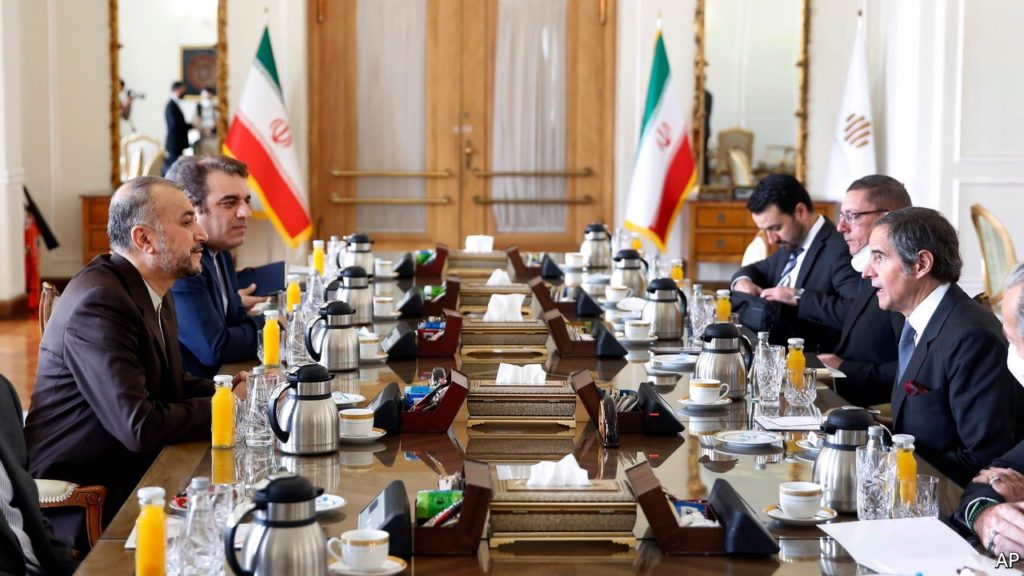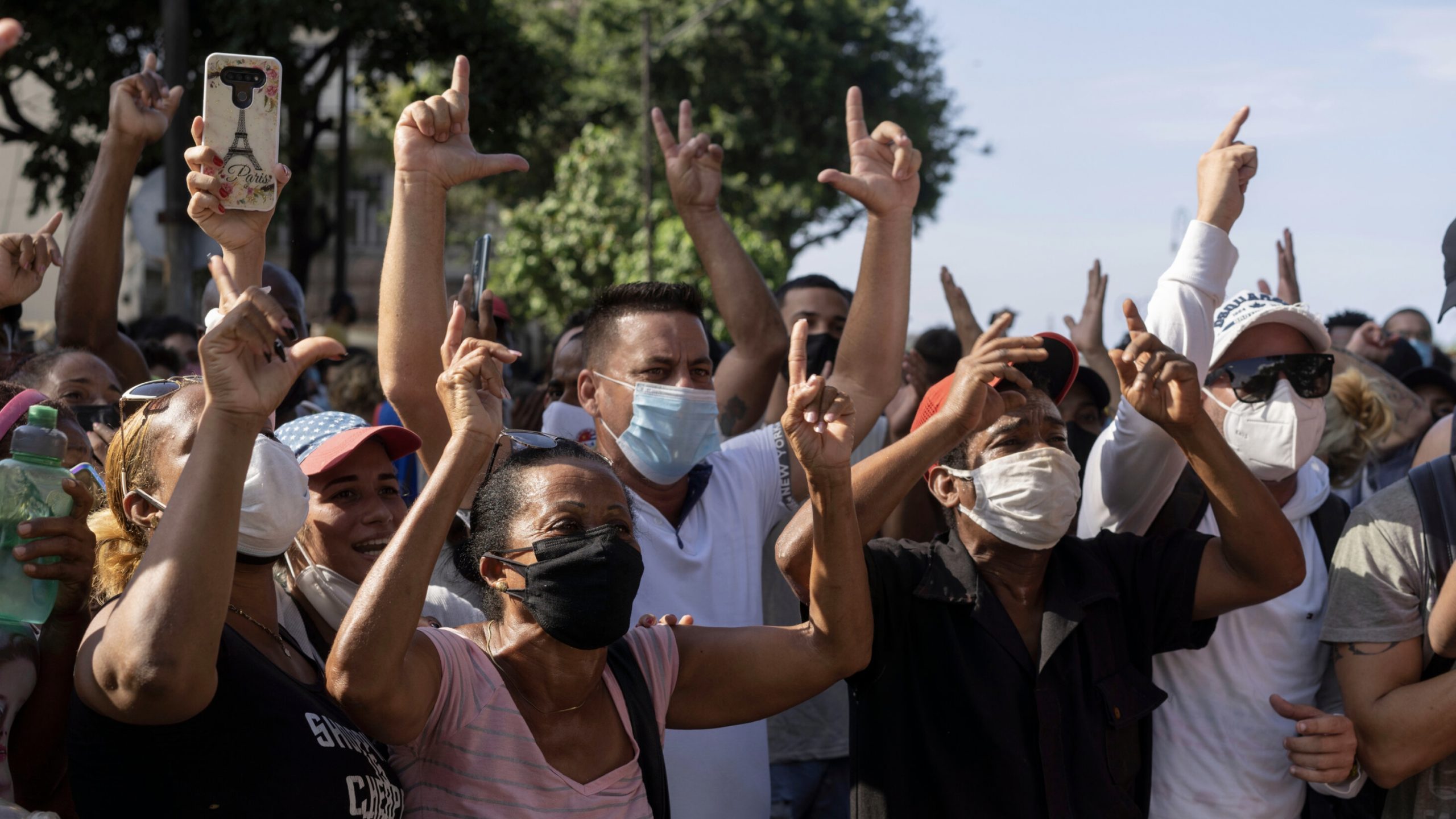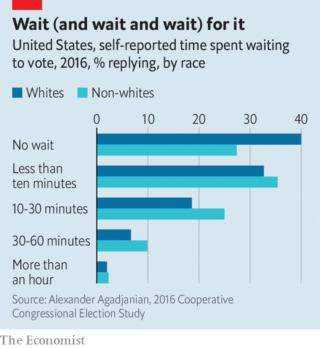
DUBAI — THE TALKS in Vienna had started to resemble Zeno’s paradox: a man who keeps moving half the distance to his destination will never arrive. For almost a year, diplomats from the “P5+1”—the un Security Council’s five permanent members, plus Germany—have been trying to resurrect their nuclear agreement of 2015 with Iran, which lifted some sanctions on Iran in exchange for curbs on its nuclear programme. Donald Trump withdrew from it in 2018. Joe Biden promised to revive the deal. This has proved tougher than expected.
Since December Western diplomats have been warning that the talks could collapse within weeks, because Iran’s accelerating nuclear work would soon make it impossible to restore the deal’s non-proliferation benefits. Weeks passed, and the deadline remained weeks away. “The window of opportunity is closing,” the French foreign ministry said on March 10th. Rarely in history has a window closed so slowly.
Still, shortly before Russia invaded its neighbour on February 24th, the end was in sight. Iran wants a guarantee that America will not withdraw again, and the removal of all Mr Trump’s sanctions—not just those linked to its nuclear programme, but also those imposed for terrorism and other offences. The first demand is impossible to meet: no American president can thus tie the hands of his successor.
Instead America would lift some non-nuclear sanctions on unsavoury characters, a broader range of them than it would have liked, and Iran would settle for far less than a binding guarantee from America not to pull out again. There were some details left to resolve, but diplomats were optimistic. Preparations were under way for foreign ministers to fly to Vienna and sign a deal.
No longer. On March 11th negotiators announced an indefinite “pause” in their talks. Josep Borrell, the European Union’s foreign-policy chief, blamed this on “external factors”. He was referring to one in particular: Russia, which has abruptly upended the whole process.
On March 5th Sergei Lavrov, Russia’s foreign minister, demanded that any new deal also include sanctions exemptions for his country, which has become an economic pariah because of Vladimir Putin’s war in Ukraine. “We need guarantees that these sanctions will in no way affect the trading, economic and investment relations” outlined in the deal with Iran, he said.
Russia has some unique obligations under the deal, owing to its comparatively friendly ties with Iran. The Joint Comprehensive Plan of Action (JCPOA), as it is known, limited Iran to holding 300kg of uranium enriched to 3.67% purity. Any excess must be shipped to Russia and stored there. Rosatom, Russia’s state-owned nuclear-power firm, is also meant to help overhaul Fordow, a heavily fortified site near the Iranian city of Qom, transforming it from an enrichment facility to a medical-isotope plant.
Western diplomats say they would readily offer guarantees around such activities. But Russia has gone much further, demanding that trade with Iran be exempt from Ukraine-related sanctions. That is unacceptable to the deal’s Western signatories, who see it as a backdoor to wider sanctions-busting. No one, including Iran, is happy about this last-minute complication. Iran’s foreign ministry said it was not told in advance of Russia’s demands: it learned of them, like everyone else, through the media. Hossein Amirabdollahian, Iran’s foreign minister, took a rare swipe at Russia, saying his country would not allow “any foreign parties to undermine its national interests”.
Russia does not want a proliferation crisis in the Middle East. But Mr Putin seems willing to gamble on one to advance his interests elsewhere. “It’s a ploy. They know the nuclear deal is important to Western governments,” says a Western diplomat. “It’s the best diplomatic leverage they have right now.” If the West concedes, Russia will have poked a hole in its sanctions regime. If it does not, and the JCPOA falls apart, ensuing tensions in the Middle East will yet again become a problem for America and Europe.
Energy is another factor in Russia’s brinkmanship. A renewed deal would ease pressure on oil markets, weakening Mr Putin’s energy weapon. Iran now exports about 1m barrels per day (bpd) in defiance of American sanctions. Most of it has gone to China. Lifting sanctions could bring another 1m bpd of Iranian crude into the global market by year’s end. That is hardly enough to offset a loss of Russian supply. Still, it would help.
Russia cannot veto a deal. The other parties could sign one without its backing. But that would probably require long negotiations to find a new custodian for Iran’s nuclear fuel, for which there is no time. In its latest report, the International Atomic Energy Agency, the UN’s watchdog, assessed that Iran has 33kg of uranium enriched to 60% purity.
Iran insists that its nuclear programme is peaceful. But it has no realistic use for uranium enriched to such a high level—except as a waystation to weapons-grade stuff, which is 90% pure. It takes around 40kg of uranium at 60% to spin up enough weapons-grade uranium for a bomb. The JCPOA was meant to keep Iran’s “breakout time”, the period required to produce a nuclear weapon, to a year or more. Thanks to Mr Trump’s ill-conceived withdrawal, that goal is no longer possible: a renewed deal would now offer closer to six months, and many of its provisions are meant to expire by 2025.
That is still better than the status quo, in which Iran could enrich a bomb’s worth of weapons-grade uranium within weeks. America’s spies say there is no evidence it has decided to make one. Fashioning weapons-grade uranium into a bomb, and finding a way to deliver it, would require additional time, and Iran has made less progress in those areas. Still, it has used the years since Mr Trump’s withdrawal to bring itself closer to nuclear-threshold status. If Mr Putin sinks the JCPOA, it will remain frighteningly close.
By The Economist




